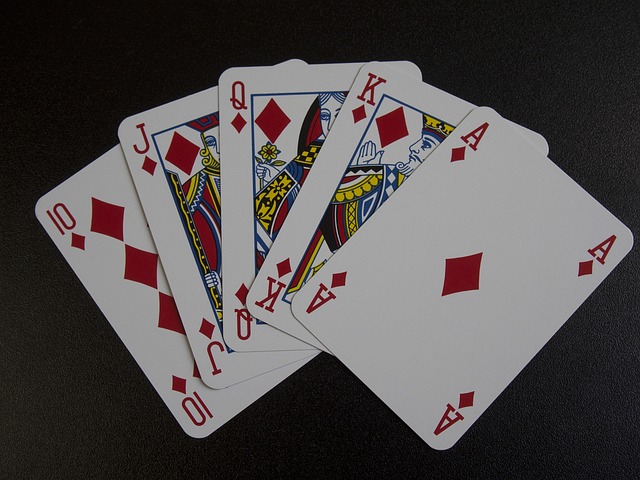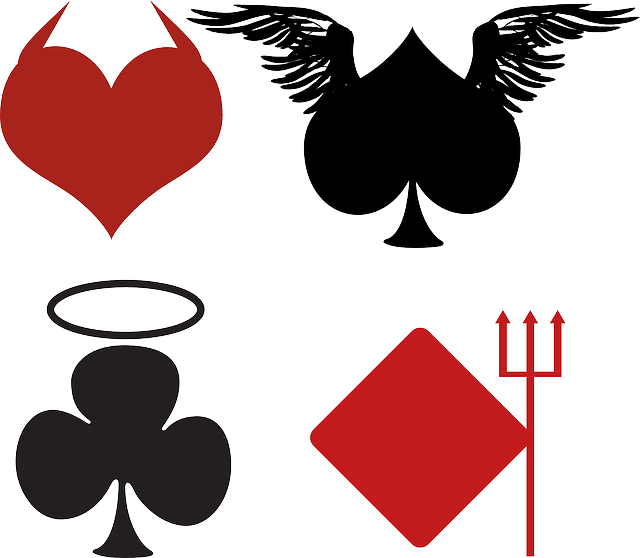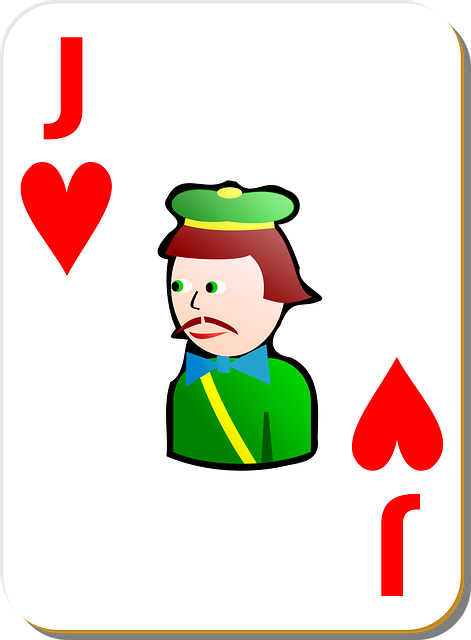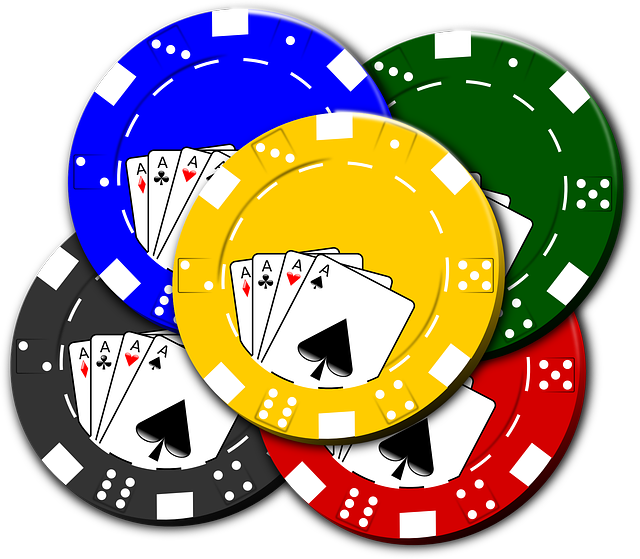poker is a complex game that combines strategy, luck, and skill. Beginners should start by learning fundamentals like hand rankings, betting strategies, and different game types (Texas Hold'em, Omaha, Seven-Card Stud). Practice with free online games or low-stakes tables to gain experience before moving to higher stakes. Understanding variant differences equips beginners with versatile skills for an engaging poker journey.
Looking to master the game of poker? This comprehensive guide is designed for beginners who want to learn the ins and outs of poker. We’ll walk you through the fundamentals, from understanding the basics of various poker variants like Texas Hold’em, Omaha, and Stud, to crafting a winning pre-flop strategy.
Learn essential techniques for post-flop play, betting strategies, reading opponents, and mastering bluffing – all crucial skills for successful poker gameplay. Discover tips and tricks that will transform you from a novice into a confident player, ready to conquer any poker table.
Dive into the world of How to Play Poker today!
- Understanding the Basics of Poker Games
- – What is poker?
- – Popular poker variants (Texas Hold'em, Omaha, Stud)
Understanding the Basics of Poker Games

Poker is a game that involves strategy, luck, and skill. Before diving into real-money games, beginners should take time to understand the basics. Learning how to play poker means grasping the objective, which is typically to win bets by forming the best hand according to set rankings or by bluffing your opponents into folding their hands. Familiarize yourself with the different types of poker games, such as Texas Hold’em, Omaha, or Seven-Card Stud, each with its unique rules and gameplay dynamics.
The key to success in poker lies in understanding the value of cards and hand combinations. Know the hierarchy of poker hands, from high card to royal flush, and practice calculating odds and pot probabilities. Observing other players’ betting patterns, body language, and tendencies is crucial for developing strategies. Starting with free online games or low-stakes tables allows beginners to gain experience and confidence before advancing to more competitive environments.
– What is poker?

Poker is a captivating card game that involves skill, strategy, and a touch of luck. It’s a game where players compete against each other to create the best five-card hand according to the game’s rules. The objective is simple: win bets by forming stronger hands than your opponents or convincing them to fold their cards. How to play poker revolves around understanding hand rankings, betting dynamics, and reading both your own cards and your opponents’ behaviors.
For beginners, learning how to play poker begins with grasping the fundamentals. Familiarize yourself with the different suit ranks (Spades, Hearts, Diamonds, Clubs) and hand combinations (High Card, Pair, Two Pair, Three of a Kind, etc.). Bet wisely by considering the value of your hand, the potential of your opponents’ hands, and the pot odds—the ratio of the size of the pot to the cost of the bet. By practicing these basic principles, you’ll gain confidence and develop strategies to enhance your poker skills over time.
– Popular poker variants (Texas Hold'em, Omaha, Stud)

Poker is a diverse game with numerous variants, each offering unique challenges and strategies. When starting out, it’s beneficial to familiarize yourself with the most popular versions. Texas Hold’em is arguably the face of poker, featuring two community cards shared among all players, along with their individual hole cards. This dynamic creates a blend of strategy and chance, making it an excellent entry point for beginners.
Omaha, on the other hand, presents a more complex picture with four community cards, allowing for a higher level of skill and calculation. Players must use both their hole cards and two of the community cards to form their best five-card hand. Stud poker takes a different approach with multiple rounds of betting between deals of face-up community cards, adding an element of anticipation and positional awareness. Understanding these variations will provide a solid foundation for any aspiring poker player, offering a range of exciting ways to enjoy the game and improve one’s skills.
Poker is a captivating game that requires skill, strategy, and a bit of luck. For beginners, understanding the rules and basics is key to improving your game. By familiarizing yourself with popular variants like Texas Hold’em, Omaha, or Stud, you can start your poker journey confidently. Remember, practice makes perfect, so keep playing, learn from each hand, and soon you’ll be a pro at how to play poker!






